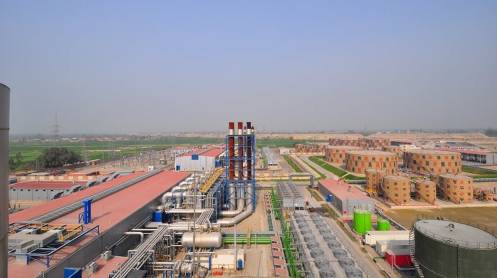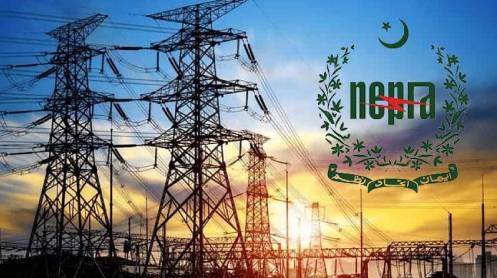ISLAMABAD: Ten Independent Power Producers (IPPs) operating under the 2002 Generation Policy have requested Prime Minister Shehbaz Sharif’s intervention over the government’s plan to terminate existing “Take or Pay” contracts in favor of a “Take and Pay” framework. This shift could lead to severe financial instability for the power producers, sources revealed.
In a joint letter to the Prime Minister, the IPPs—comprising Pakgen Power, Nishat Power, Nishat Chunian, Sapphire, Hubco Narowal, Kohinoor Energy, Liberty FSD, Halmore, Laraib, and Orient Power—voiced concerns that scapegoating capacity payments as the primary driver behind unaffordable consumer tariffs is misleading. The letter cited that:
The consumer tariff of over Rs 60/kWh is largely driven by hefty taxes, transmission and distribution (T&D) losses, and theft—while average generation costs are Rs 27/kWh.
Capacity payments account for Rs 17/kWh, with over half directed to government-owned IPPs.
Reduced power demand has further elevated the capacity rate per kWh, exacerbated by currency devaluation, which has surged capacity payments by 40%.
The IPPs have proposed that any shift to a “Take and Pay” system must ensure they can cover substantial annual fixed costs essential for plant readiness. Without a committed buyer (the government), such a system would be financially unsustainable and potentially bankrupt them within months. The IPPs argue that this approach is discriminatory, especially since newly issued tariffs for some entities are dollar-indexed and retain the “Take or Pay” guarantee.
To avoid forced contract renegotiation or termination, which the IPPs claim would severely damage investor confidence, they have set forth several conditions for contract termination:
Full settlement of outstanding dues, paid in cash or T-bills.
Uniform termination of “Take or Pay” contracts across both public and private power entities, including those under the CPEC framework.
Permission to sell power to private buyers with access to the T&D network at reasonable rates, without a government purchasing obligation.
Continued LNG supply from SNGPL for LNG-based IPPs until independent private import infrastructure is authorized.
The IPPs highlighted that any real reduction in consumer tariffs hinges on enhanced power sales, essential T&D reforms, and reduced taxation, rather than focusing on short-term cost-cutting measures. They urged the Prime Minister to convene a meeting of all stakeholders for a comprehensive policy review to avoid potential adverse impacts on the sector’s viability and investor sentiment.
Story by Mushtaq Ghumman





